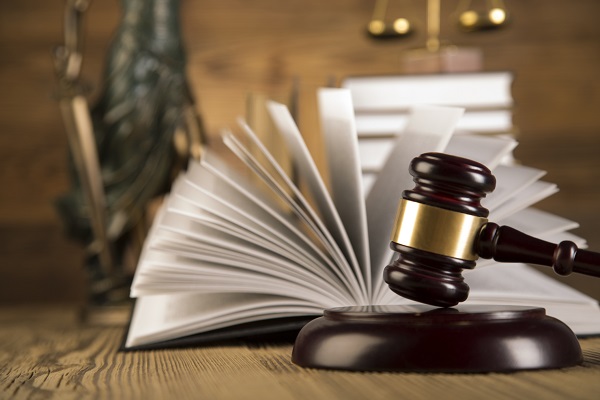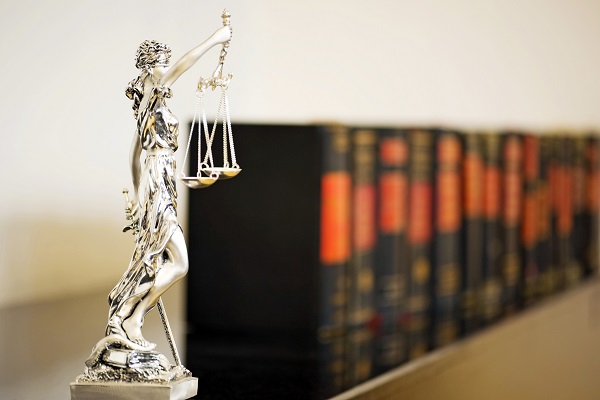Estate Litigation

Estate litigation frequently consists of disputes over property, money, income streams and the control and entitlement to that property, monies or income stream. An estate may be established by a Will, a grant of Power of Attorney over property, a Trust deed or otherwise. An estate may be rife with opportunities of conflict between the trustees, who hold the property for the purposes as may be set out in the document which created the trust for the beneficiaries, and the beneficiaries of the trust whose entitlements may include income streams, specific or general property interests or whose rights may be limited by the discretion of the trustees. In addition, persons not identified in the trust documents may claim beneficial interest in the property held by the trustees for the trust, such as an estranged dependent spouse or child of the person who set up the trust whose interests were not acknowledged or if acknowledged, the interests in the estate failed to meet their expectations. Creditors whose rights may be looked upon as thwarted by the trust may also seek to challenge the trust. Each of these groups have their own interests which frequently are in conflict with the other. The document which created the estate may have drafting issues which give rise to ambiguities, uncertainty, or conflicts with statutory or regulatory requirements which may provide a basis for the conflicting interests to be exploited.
The trustee of the estate owes the highest duty of integrity and honesty in the trustee’s dealings with the estate’s property and this duty includes a duty to account. This obligation can give rise to its own source of conflict where a trustee fails to account properly or at all, or where allegations arise that the trustee used the trust property as the trustee’s own, to the detriment of the beneficiaries and contrary to the trust documents.
There are many mechanisms to assist in the resolution of estate disputes. Resort may be made to mediators, arbitrators and the Courts depending upon the nature and circumstances of the dispute. Trustees can be called to account, assets can be preserved and if necessary and where appropriate, Trustees can be replaced.

Estate disputes can be highly complex and emotionally charged. Let Marlon Roefe with his years of experience acting for trustees and beneficiaries, assist you in with your estate dispute.
When acting for a client, whether a plaintiff (the person who brought the claim) or the defendant (the person against whom the claim is being pursued), I navigate through the complex rules of the court and evidence, to put my client’s best case forward, to ensure that my client’s case is heard, and that my client’s case is understood and properly determined.





